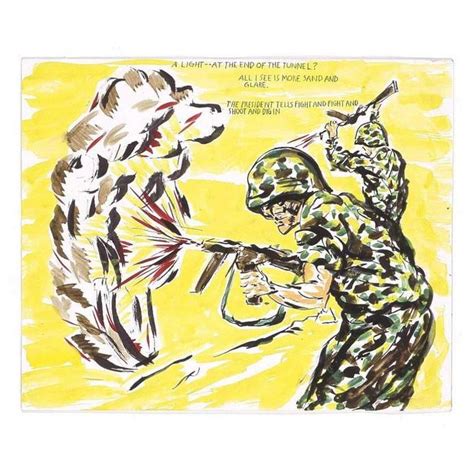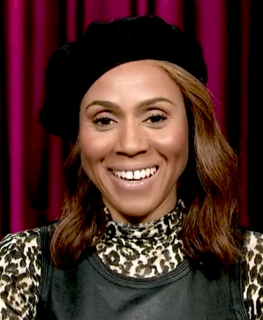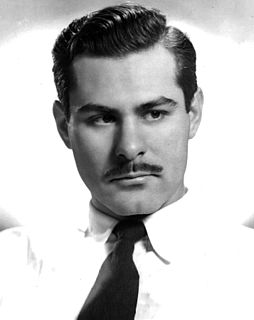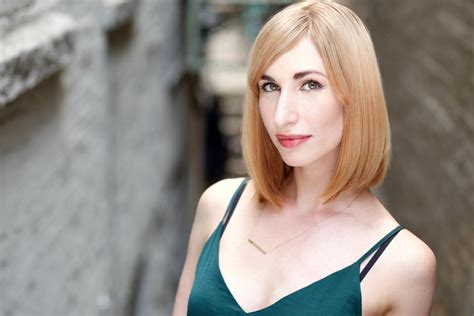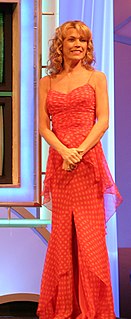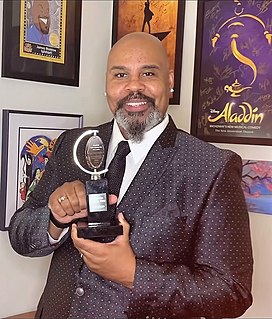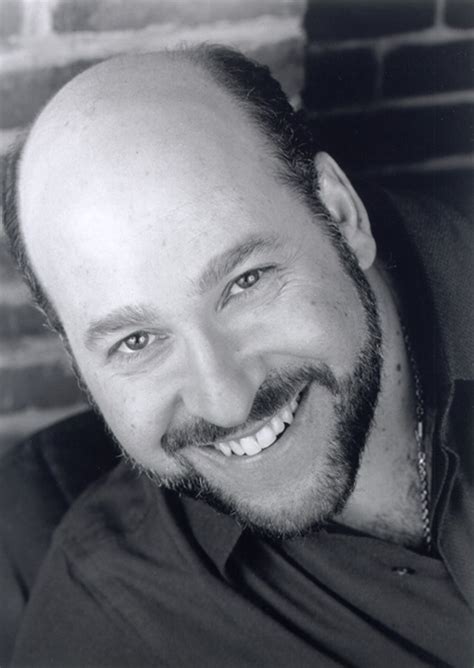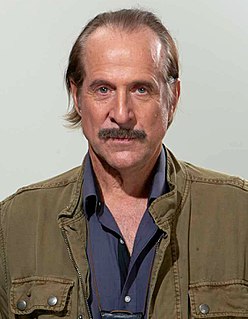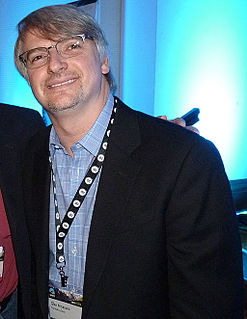A Quote by Jose Gonzalez
My show is an anti-show and the audience have to want to listen. I'm sitting down, there's only one of me, I don't talk much to the audience and it is very quiet. I wouldn't be able to do that kind of show if people didn't know me and my material.
Related Quotes
It's so much better for me to do a talk show. You still have that energy of the audience, and the audience is just as important as that guest that's sitting next to me. It's not about me and that guest exchanging energy and talking. It's about everything that's going on in that room, and they're as much a part of the show as anything. I like this better than anything I've ever done.
What social media has done - Facebook, Twitter - is show the audience. I don't have an audience. When I make my work, it just goes out into the ether. I have a thick skin and it just brings me down to earth, you know, to realize how out-there and far away and paltry the audience is that gets what I'm saying. It's depressing if I let it get to me. And it's the same with hanging a show, the way it's put up, like, three stories high and you can't read a single word.
It's very difficult to know exactly what a major audience is going to respond to. 'We know they respond to certain personalities. That has been proven by the success of certain people in television who have gone from show to show and carried an audience with them. Apart from that, it's very hard to say what formula works.
'Ragtime' was the most magical show that I've done. I had an incredible experience with that, with the show itself, with the cast, with the audience. The response to that show - my God, it really blew me away, the reactions to that show, the way it changed their lives and altered their thinking, their own self-discovery.
It [The Esemblist] is also about the generation of audience members that are watching shows and listening to us at the same time; hopefully, in time, when they listen to our show and then go see a show, they'll realize even more what it takes to make a show, and they'll know even more about everybody on stage, rather than just people above the title of the show.
Doing this web show - people underestimate what it takes to do a web show successfully. They underestimate the amount of work that you have to do to get it to your audience after it's made. I think you have to work so much harder, especially if you don't have a huge budget. You have to know how to get your audience engaged, because the Internet is so distracting, and there are so many choices. People, even if they love your show, will forget to go back for episode four, because you know, people are busy.
When the theater is gothic it matches the sensibility of the show. It's also very intimate. The audience is very close to the performers. The show is scary and the scary stuff always works best with an intimacy with the audience. And the show is erotic, and I think erotic always works best when it's close to the audience, as well.
Making a show is also economics. Because the irony is, or the shame of it is, you cannot create a show instantaneously. It needs to be massaged. You need to see who is relating to who. How is it working with the audience? You need to give it a chance for the audience to find it, because there are so many outlets. And the audience doesn't know where to go.
People tweet me all the time and tell me how much they love it, how they can't wait for the show to come back on, that they're addicted to the show. So that's really rewarding. As an artist, we're all looking for that connection to an audience and when you find people as diehard as our fans are - it's sort of like finding the holy grail.



